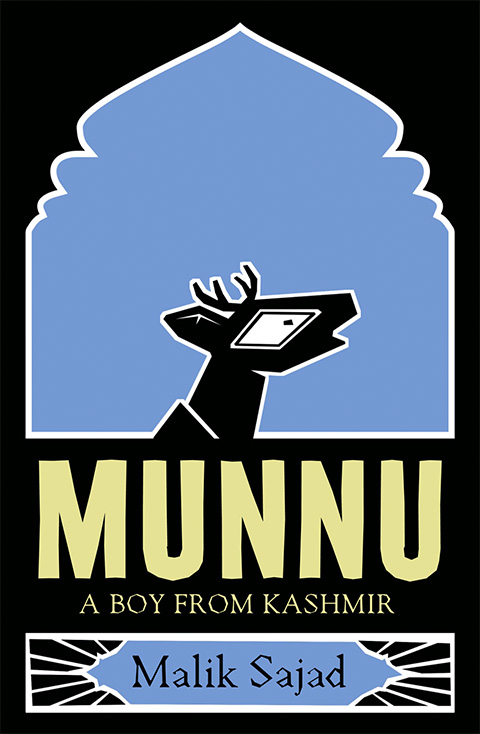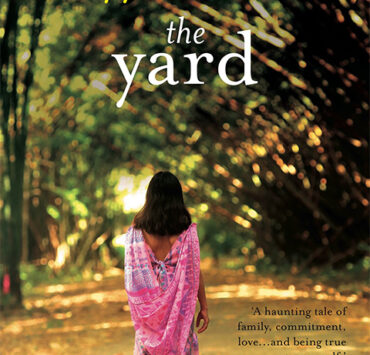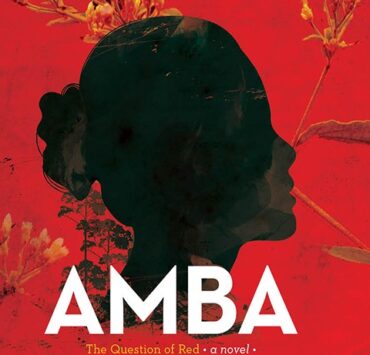Powerful art and conflict have had a long history of courtship. Take, for example, Maus by Art Spiegelman, Palestine by Joe Sacco, or Persepolis by Marjane Satrapi, the genre-defining graphic novels that gave rise to this form of visceral documentation.
My introduction to Munnu: A Boy from Kashmir, a graphic novel by Malik Sajad, coincided with a short stay in Kashmir. The struggles of Kashmiris, as told through the eyes of Munnu, a boy who grows up in the valley, makes one dwell deeper on the poignancy of life under the Indian occupation.
Munnu witnesses the curfews, closure of schools and disruption of everyday life with a mix of joy and confusion. Breaks from school are a relief for young Munnu; the restrictions that come with it from concerned family and omnipresent security forces are confusing. His journey from school-going boy to cartoonist covers a large part of the book; a journey set against a landscape of violence, torture and death.
Mass graves, frequent arrests, shootings, assault, and rape, all find a place within this book, presented to us in a manner that strips the situation of any bias, causing the reader to take frequent breaks to pace themselves.
Sajad represents Kashmiris in the book as the hangul deer, which is indigenous to Kashmir. Perhaps it is no coincidence that the endangered hangul deer is now verging on total extinction, largely thanks to human interference in its habitat. Malik Sajad draws parallels between the Kashimiris and the endangered deer, in contrast to all the other characters who are drawn as humans, in order to further highlight the stark difference between the Kashmiris and those who represent the Indian State.
The striking part of the narrative is how it actively engages with the contradictions within the valley. Munnu, who begins to draw cartoons daily, feels a pressure to capture the environment in Kashmir, especially its history, accurately. Eventually, Munnu finds his voice and his work takes him to several intellectual spaces. He, thus, finds himself in a position where he is worried about questioning the movement and sounding like a traitor; surprised by the hollowness of the ‘intellectuals’ who seem convinced they know more than the locals alongside the political games between the Indian nation state and Pakistani nation state.
In times like the present, when Kashmir has been on lockdown for 45 days and counting, Munnu acts as a window to a world where generations have been removed from a life free of militarisation.
[ISBN 9780008165628; Fourth Estate]








